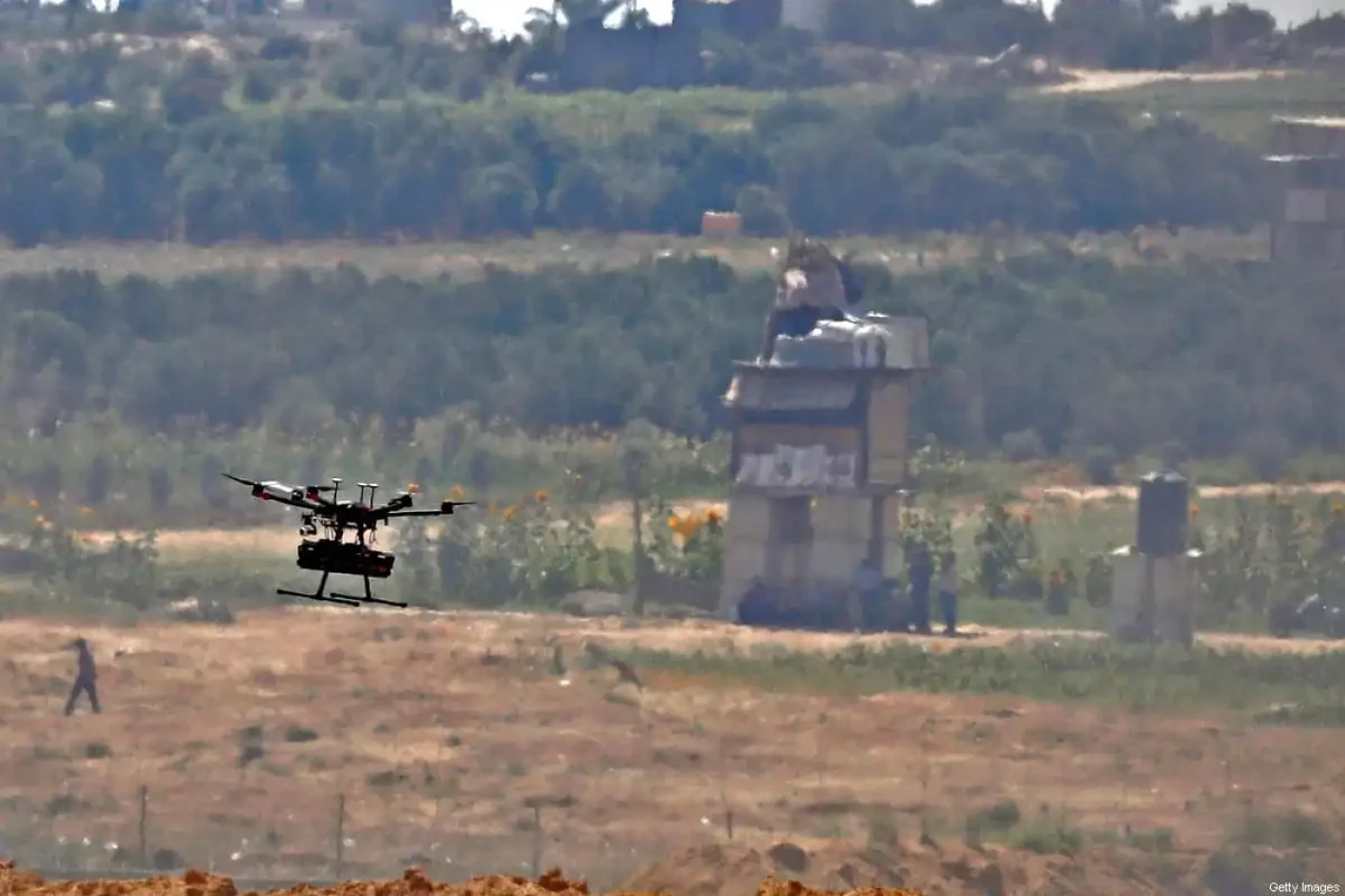ERBIL, Kurdistan Region of Iraqi - Iraqi security and strategic expert Saif Raad revealed new information about what he called an “unknown war” in Iraq that sees the use of unidentified drones and modern missiles, warning that Iraq remains vulnerable due to weak air defenses.
A string of incidents perpetrated by unknown actors have raised concerns over the mysterious assailants' use of drones and explosive projectiles on sensitive targets, with a recent example being seen in an attack on an airport in Kirkuk on Monday night.
Raad told The New Region that the missiles used in the Kirkuk Airport attack were 122 mm Grad rockets with a range of 40 kilometers. He said the rockets were likely fired from within Kirkuk province or nearby areas and appeared to have been made in 2023.
“Most likely, these are Turkish-made missiles fired from a military base,” Raad said, adding that these details could be confirmed by sending evidence to NATO’s office in Iraq for verification.
Raad also raised concerns about surveillance drones flying over Salahaddin province. “These were probably reconnaissance drones, not explosive ones,” he said, noting their suspicious movement toward the Makhoul mountains. He warned that Islamic State (ISIS) cells or intelligence actors could be involved.
He added that the type of rocket used has not been used by known armed factions in Iraq. Instead, such rockets were commonly used by Sunni militant groups like the Naqshbandi Army, which was previously supported by the banned Ba'ath Party faction led by Izzat al-Douri.
Raad questioned the purpose of such attacks: “Who benefits from targeting northern provinces at this time?” He doubted that Iran or its allied groups were behind the attack, saying the targets were not linked to US or Israeli interests. “The aim seems to be creating chaos, intelligence confusion, and instability,” he said.
He warned that current political tensions between Turkmen and Kurdish leaders, the situation of displaced Yazidis in Sinjar, and the Turkish military’s presence in northern Iraq could further complicate the region. “This could lead to plans for a buffer zone in the Nineveh Plains or even a separate region in Mosul, which would benefit Turkey, the US, and Israel,” he added.
Raad said incidents in Kirkuk, Baiji, and Duhok may be part of a larger plan by what he called a “third party,” possibly former Ba'athists or groups working with foreign intelligence services. He also linked the same group to the January 2024 explosion at the Kaslo base in Babil province, claiming it was caused from inside the base.
He criticized the government’s handling of that investigation, saying, “The committee said it was an internal issue but gave no clear reason.”
Raad ended with a warning about Iraq’s limited air defense abilities. “We have surveillance planes and defense systems, but they can’t detect low-flying drones. Iraq is likely to face more drone attacks in the future unless air defenses are improved.”



 Facebook
Facebook
 LinkedIn
LinkedIn
 Telegram
Telegram
 X
X


